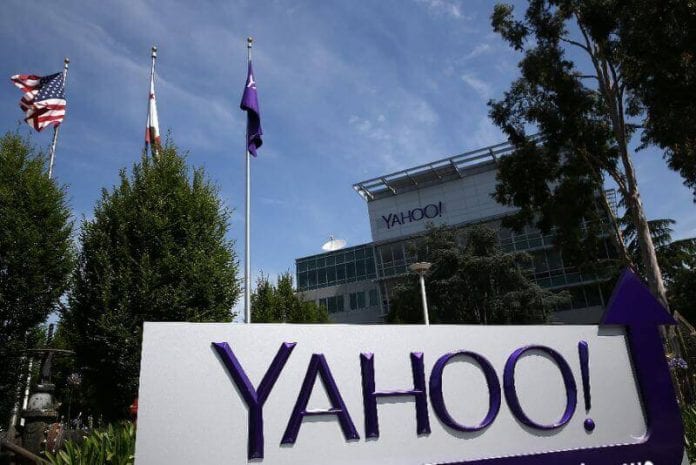Yahoo! Inc. (NASDAQ:YHOO) amended and restated its Bylaws to implement proxy access, which provides long-terms shareholders the ability to nominate Board Directors.
Based on its regulatory filing with the Securities and Exchange Commission (SEC), a shareholder or a group of no more than 20 stockholders can nominate no greater than two directors or 20% of the total number of directors serving on the Board if they own least 3% of the company’s outstanding common stock continuously for a minimum of three years.
According to Yahoo, the shareholders’ nominees should satisfy the eligibility and procedural disclosures set forth in Section 2.7 of the Amended Bylaws of the company.
The company also amended Section 2.5 of its Bylaws requiring any director nominee nominated by a stockholder to submit a written questionnaire related to his/her background, qualifications, stock ownership, independence, and representations regarding voting commitments or third-party compensation arrangements.
Yahoo will start implementing its proxy access after its 2016 Annual Meeting of shareholders. Several companies including Apple Inc. (NASDAQ:AAPL) AT&T Inc (NYSE:T), Citigroup Inc (NYSE:C) and Staples, Inc. (NASDAQ:SPLS) implemented proxy access rules.
Yahoo is facing a proxy fight
Yahoo is currently facing a proxy fight, which was launched by Starboard Value last week. The activist investor owns around 1.7% of the company’s outstanding shares and wants to oust the company’s entire Board of Directors.
Starboard Value believed that a proxy fight was necessary because “a significant change is desperately needed to hold management accountable and properly oversee any operational turnaround plan, separation, or sale process.”
It was recently reported that the company set April 11 as the deadline for potential buyers to submit preliminary bids for its core internet business and Asian assets.
The activist investor has been pushing Yahoo to sell its core internet business. The company started the auction process for the business last month after canceling its plan to spin off its stake in Alibaba Group Holding (NYSE:BABA).









